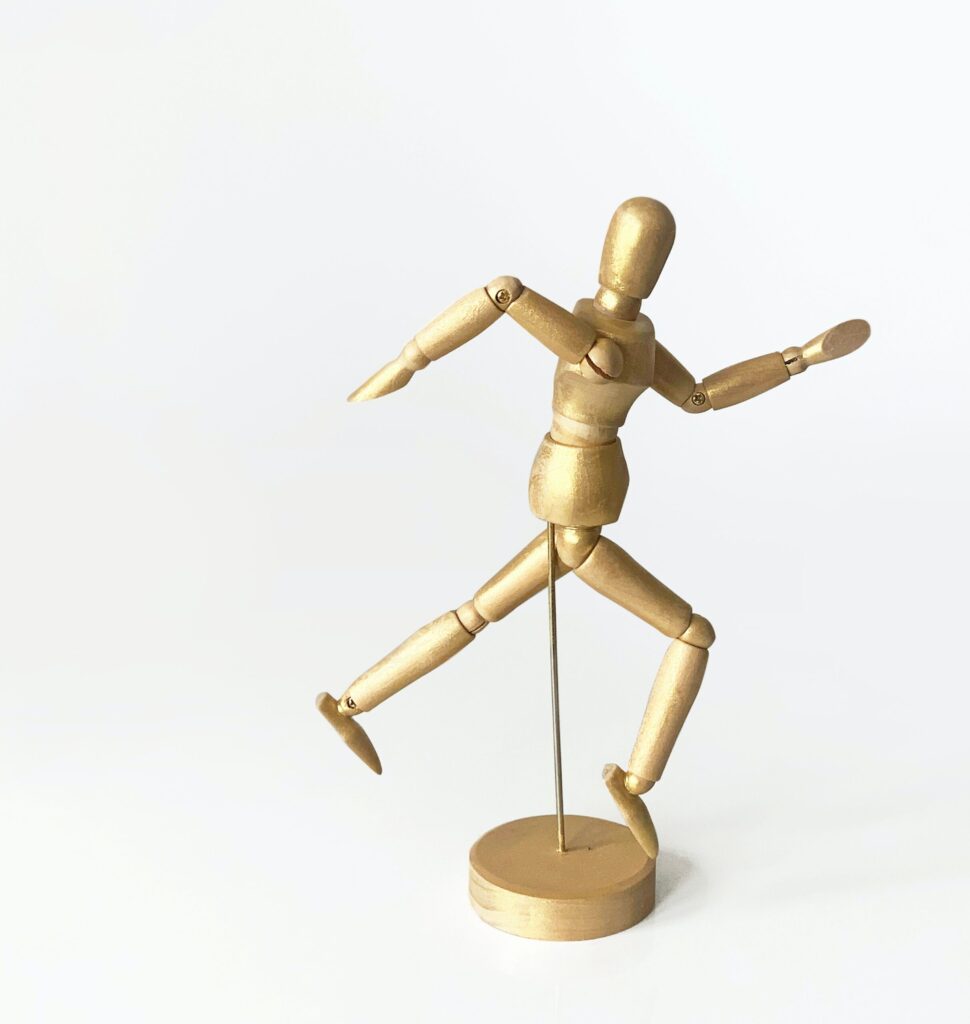How to Have an Effective Training Partnership
When I first started going to the gym it was with a colleague from work. On Mondays, Wednesdays, and Fridays, instead of going home from work we would head to the gym together. We were generally there for an hour, sometimes we’d work out together, sometimes we would follow different routines. Though our approach to the gym certainly varied, one thing we both knew was that we were going to make it there three times per week.
From this early experience I learned that a simple partnership can be a powerful and productive force in one’s life. A little bit of social pressure and mutual accountability can go a long way to helping one get going and stay going.
Fast forward 20 years and now I use that buddy system in nearly every part of my life. I have a friend I talk with on the phone every couple weeks to talk about personal and business goals, I have sword training dates set with my senior students to keep me on track with my own exercise, I have a weekly meeting with the staff of my school to help keep us on track, and I even have a weekly dance practice, arranged with friends, to help me keep on track with another of my artistic passions.
One of the reasons I feel I can effectively leverage these relationships is that I have learned a lot about what works and what doesn’t. Here are a few tips to a healthy partnership:
- Make sure it’s mutually beneficial.
This doesn’t mean that you have to have the same goals or be at the same space in your particular pursuit. Simply that you both have to have a desire from your relationship that is equally valuable. Meeting as equals is essential. My staff are just as empowered to hold me accountable as I am them in our management meetings, and my students who practice with me are pushing me as much as I’m pushing them. Though we are in different roles and at different levels of experience, we both get value from our meetings that is commensurate. - Have a plan for how you want to use your time in advance.
Whether you set a regular program that you always follow, meet in advance of a training session to set your goals and structure, or agree that you will work independently, coming in to a session with a plan in mind will help you not procrastinate together. - Accountability is about caring not shaming.
A good accountability buddy is honest and compassionate, not punitive. You can be most effective by asking good questions like “How are you doing toward your goals?”, “How can I help you get through this block?”, “What can I do to help you get back on track?” Being someone’s parent is no fun and generally just becomes demotivating, for both parties. Your buddy is in charge of their own goals, and you are in charge of yours. You help one another best simply by being present and not being shy about checking in. - Look after yourself. If it’s not working: switch gears.
Not all partnerships work out. Not all formats work for creating a productive rhythm together. Remember to periodically check-in about the relationship, your goals, and your process. Are you both getting what you want out of your shared sessions? Are there ways you could help one another better? Are there ways you are hindering one another that you could change? Be honest and adaptable.
I have found that these relationships can not only be effective for helping me get things done but that pursuing mutual betterment is also a great way to build and deepen lifelong relationships.
How have partnerships worked for you? What would you like to get out of one? Please share your thoughts in the comments.
Devon




Responses